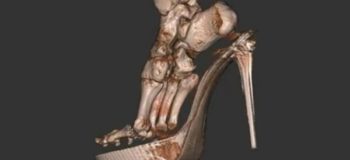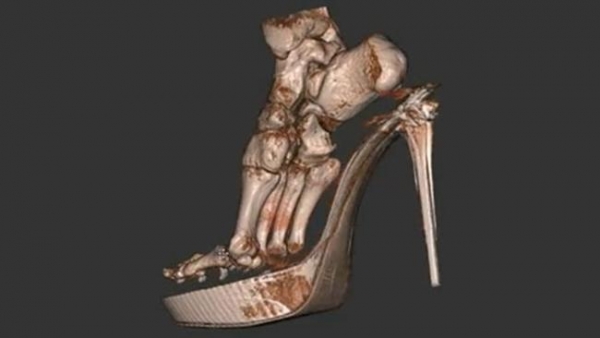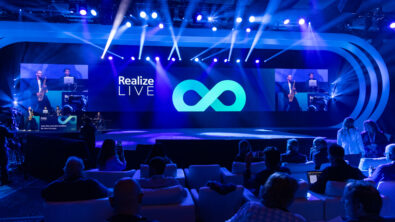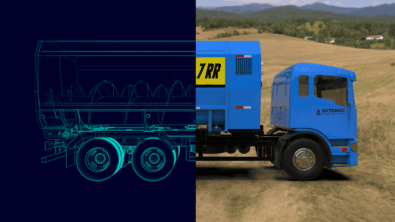How Do You Deal with Non-CAD Reference Data?

 Some people get all the luck. They always know someone at the front of the line, or they are always in the right place at the right time, or maybe they live somewhere where it never snows, never get hit by hurricanes or earthquakes, and they always get enough but not too much rain. Luck with the weather is on a lot of people’s mind here in the US anyway.
Some people get all the luck. They always know someone at the front of the line, or they are always in the right place at the right time, or maybe they live somewhere where it never snows, never get hit by hurricanes or earthquakes, and they always get enough but not too much rain. Luck with the weather is on a lot of people’s mind here in the US anyway.
And so it goes in the CAD world too. Some people get all the luck. Everything they design is built cleanly from scratch. But you ( and I) don’t have that kind of luck. We always have to work from some reference. Maybe the reference is laser scanned in, and we have to make a solid or surface out of it in some way. Or maybe all we have to work with are pictures, and you have to fit actual 3D parts around 2D images and the 3D you can derive from that rough reference.
Or maybe you were a really bad person in a past life, and your CAD data works around parts that can’t really be represented nicely in CAD. Say you make agricultural equipment, and you want to represent hay or corn or a cow. If you were really bad, you might have to work around mesh data like models from 3DSmax or Zbrush. These models can be beautiful and extremely detailed in their native format, but when you bring mesh data into a CAD package, it is difficult to work with, bogs down the graphics, and makes life miserable.
Part of the problem is that the mesh data is everywhere. There are 3Dsmax models of just about anything you can imagine, and a lot of that can be reused as reference in engineering work. With the rise of 3d printing, 3d scanning is also becoming more popular, and CAD software really should be able to deal with this kind of data.
How do Solid Edge users handle this kind of challenge? While we do have an advantage in imported NURBS type data over many other traditional CAD packages, working with “less evolved” data actually slows us down. How do you work with non-CAD reference data, and what difficulties do you run into along the way?

